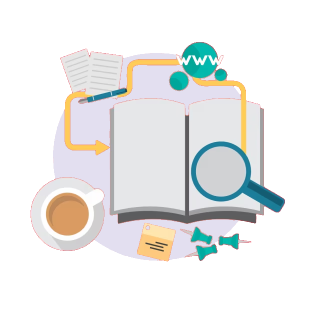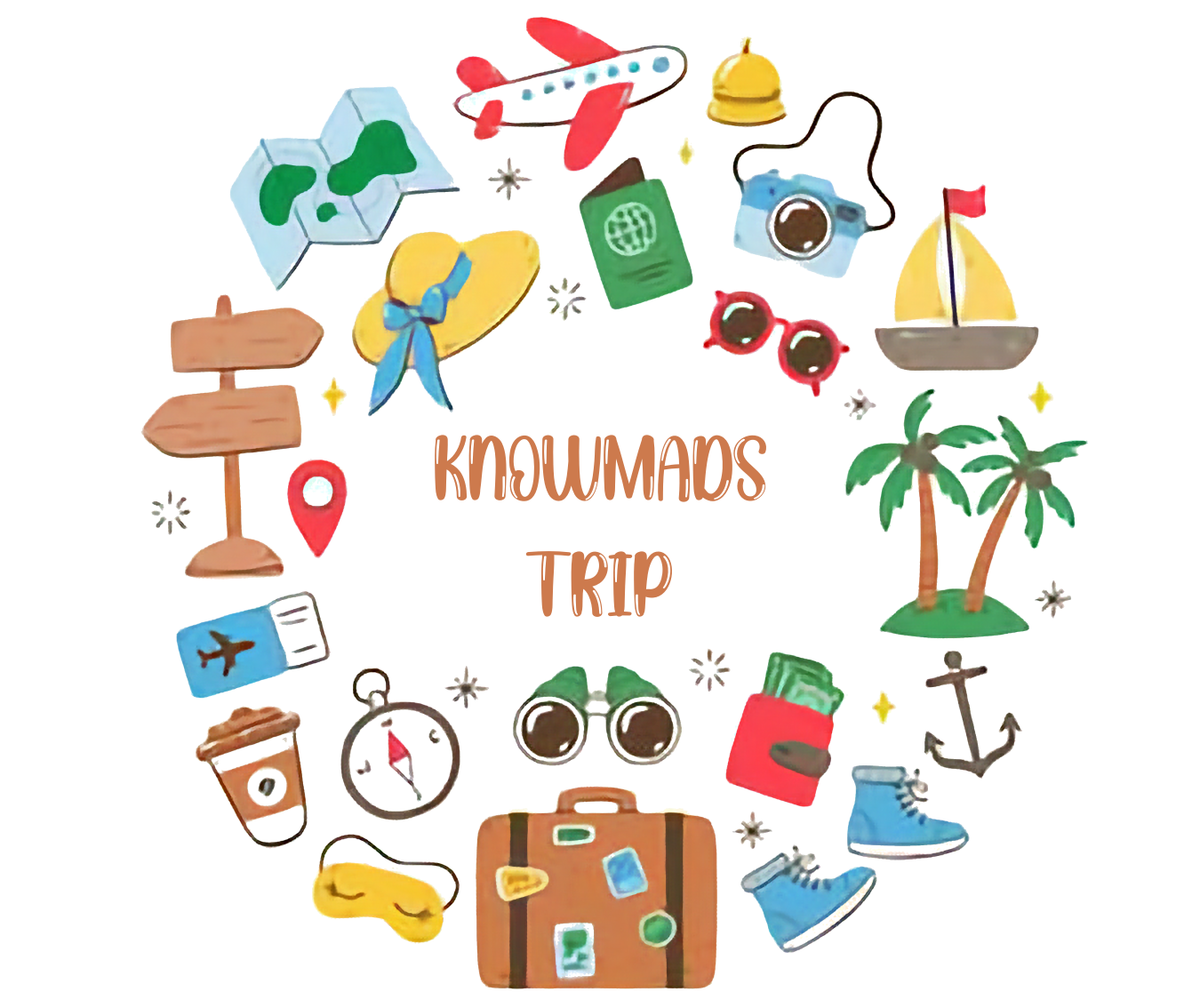



At Agile Shaala, learning follows a rhythm, not a rigid schedule. Each two-month cycle begins with Phenomenon Week,
where children explore real-world themes through hands-on projects and showcase their discoveries. This is followed
by three weeks of subject-focused learning, deepening understanding through classes, discussions, and self-paced work.
Daily scrum meetings and the LearnBahn visualizer help track progress and reflect on goals. Monthly quizzes and open-book
assessments reinforce concepts and celebrate learning through thoughtful application.

Our curriculum is rooted in how the brain learns best — through Multiple Intelligences and
Bloom’s Taxonomy. Learning at Agile Shaala is hands-on, interconnected, and meaningful, blending storytelling, experiments,
movement, and reflection.
Subjects come alive through interdisciplinary projects, helping children grow as thinkers, explorers, and lifelong learners.

Assessment at Agile Shaala is a continuous journey, not a one-time test.
We follow an open-book, competency-based model that values understanding over memorization.
Through weekly assignments, daily reflections, and monthly assessments, students build recall, apply concepts,
and grow as learners. Feedback from mentors, peers, and self-assessments fosters a collaborative,
empowering learning environment.

Every two months, our learners become Knowmads —
exploring the world through immersive, real-life learning journeys.
They meet diverse people, experience new environments, and build skills like observation,
collaboration, and reflection — nurturing empathy, adaptability, and a lifelong love for discovery.

Our Annual Event is a vibrant celebration of our learners’ growth, creativity, and discoveries.
Children showcase their projects and talents, sharing not just what they know — but how they think, grow, and express
themselves. It captures the bold, learner-led spirit of Agile Shaala.
Agile Shaala offers a hybrid learning environment which has a mix of online interactive sessions along with offline self-learning component. Families can choose to take the program completely from their houses or can opt to come to our physical learning centres.
No. Agile Shaala is an alternate progressive school by itself. This is a full-time program and will give compete academic support required upto Grade 12 including competitive exams. There is no need to enrol into any other school or coaching centre.
Currently we have centres in Bangalore (Basaveshwara nagar, Rajarajeshwari Nagar) and Mysore (VV Mohalla). More centres will come up wherever there are a group of homeschooling families keen to take our support.
Agile methodology involves regular planning and reflection in order to accommodate changes and improvise. When we started we followed the well known scrum framework. But over the past years, it evolved into more student oriented framework which we now call, LearnBahn. There will be daily standup meetings, where there will be scope for reflection and improvisation on an everyday basis. Weekly reflection meetings will be conducted and will provide a space for discussions and support between the community members.
Children 3 yr and above can enrol. We handhold children from grade 1 to 12 in our blended program, while for 3 to 6 yr olds, the program happens only in our physical centres.
Age-appropriate resources which include, but not limited to, Activity kits, Board games and Card games, Reference books and access to Digital learning platform, unlockingminds.in.
Agile Shaala is an open school. We are not affiliated to any board. Our children write exams through National Institute of Open Schooling (www.nios.ac.in).
We offer a wide range of subject support including (not limited to) English, Science, Mathematics, Social sciences, Computer science, Business studies, Accountancy, Economics, Psychology, Mass communication, Hindi, Kannada and Sanskrit.
We request parents to give a positive environment for learning at home. Academic support will be completely provided by us. Parents need to help if and only their child asks for help. We want children to learn how to learn, hence we encourage self-directed learning.